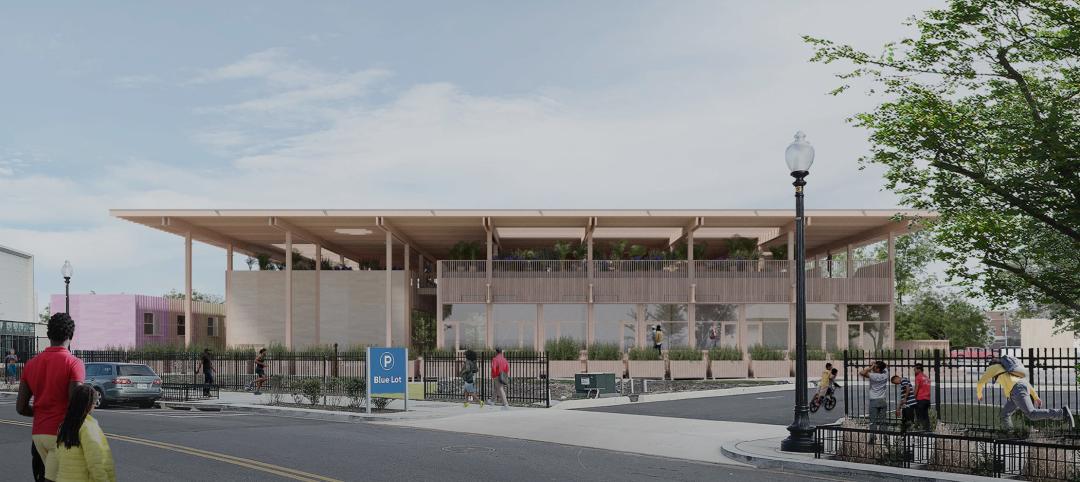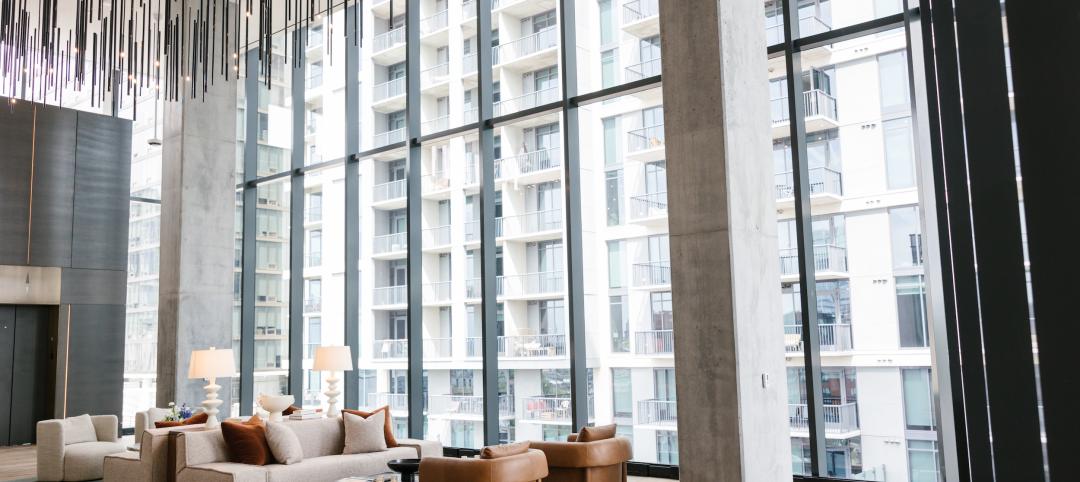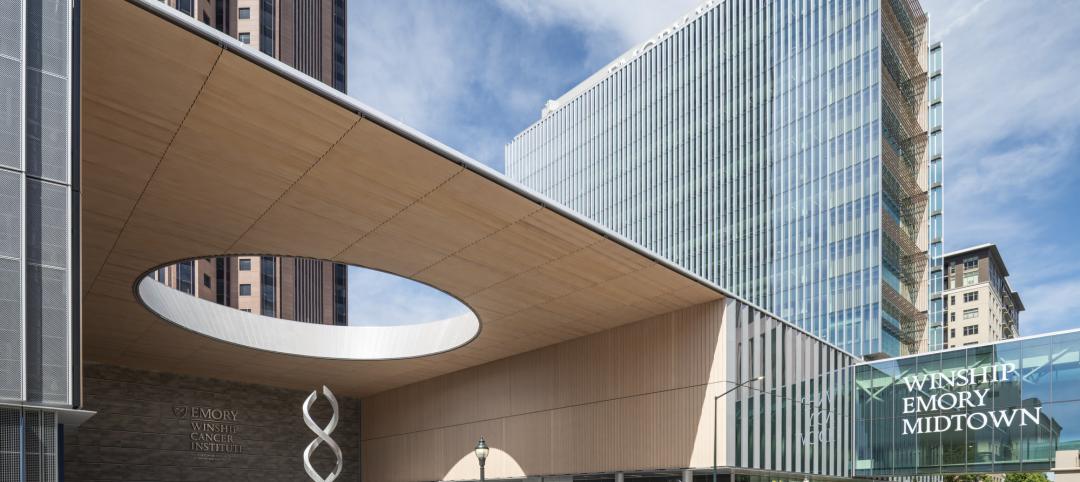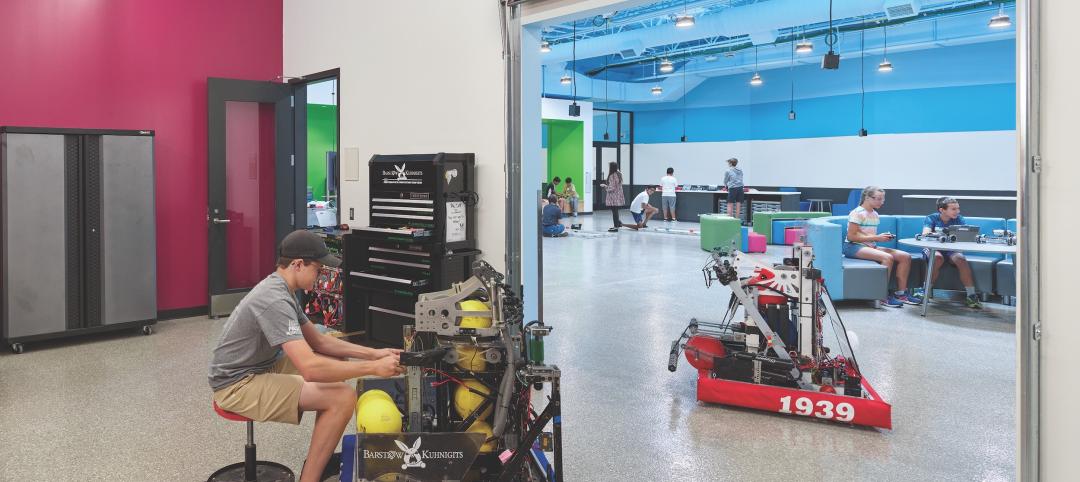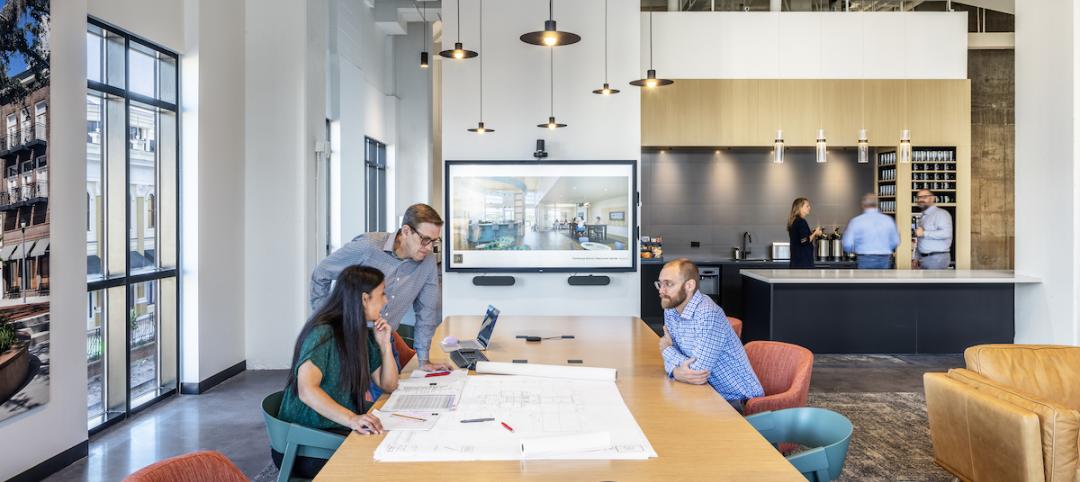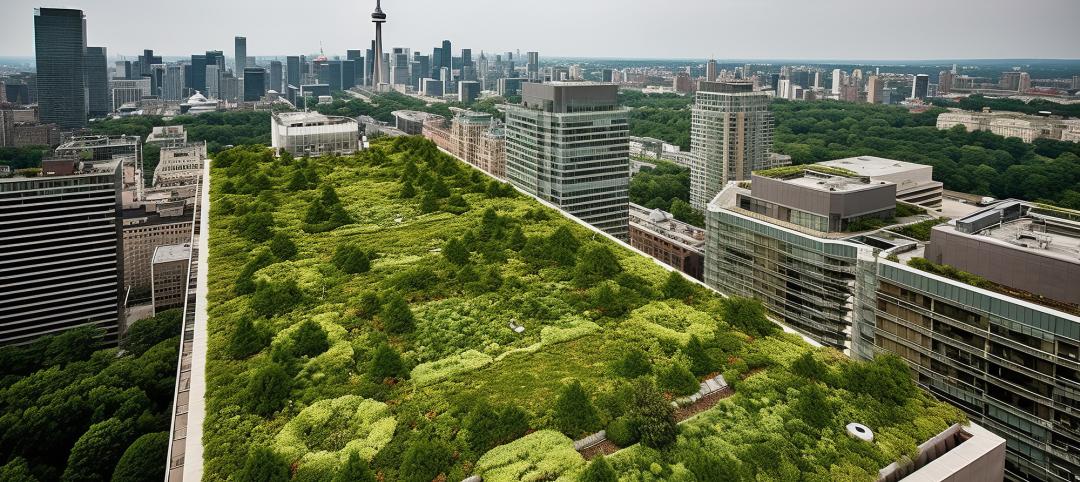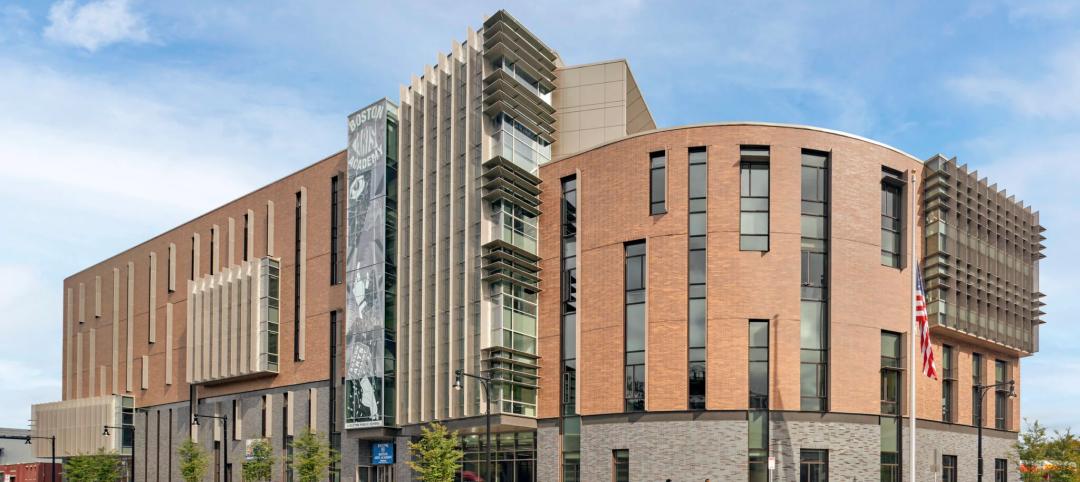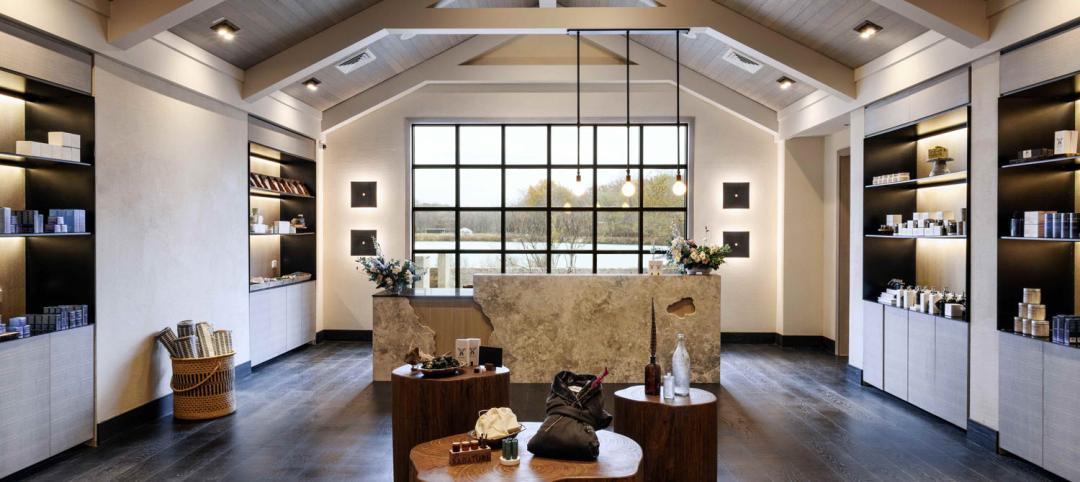The Construction Specifications Institute (CSI) and ICC Evaluation Service, LLC (ICC-ES), today announced they have signed a Memorandum of Understanding (MOU) to strengthen the relationship between CSI’s GreenFormat and the ICC-ES Environmental program.
ICC-ES currently references CSI’s MasterFormat and other formats in all of its evaluation reports. The MOU will add GreenFormat references.
“CSI’s GreenFormat identifies and organizes the sustainable attributes of building products,” said CSI Executive Director and CEO Walter Marlowe, P.E., CSI, CAE. “By collaborating with ICC-ES, it will help increase awareness and use of GreenFormat, particularly with products compliant to the 2012 International Green Construction Code (IgCC), so that professionals who select building products can make informed choices.”
“This MOU recognizes the complementary nature of ICC-ES and CSI’s GreenFormat in the sustainable building sector and demonstrates added value to environmental reports,” said Rob Brooks, Director of ICC-ES Environmental Programs. “While CSI provides a uniform structure for manufacturers to report the sustainable characteristics of their products through GreenFormat, ICC-ES provides evidence that products meet requirements of codes and green building standards.”
Among the agreements included in the MOU:
-
ICC-ES will add GreenFormat’s numbering scheme within new and existing ICC-ES Environmental Evaluation reports (Verification of Attributes Reports™ and Plumbing, Mechanical and Fuel Gas Listings) for environmental attributes.
-
ICC-ES and CSI will work together to maintain the relationship between GreenFormat categories and the questions in the ICC-ES Environmental Evaluation reports as both are updated and add references to new reports.
-
CSI will present ICC-ES Criteria to the GreenFormat task team for consideration as appropriate product evaluation tests within GreenFormat.
In addition, CSI and ICC-ES intend to participate in each other’s technical committees, where applicable.
GreenFormat provides a uniform structure for manufacturers to report the sustainable properties of their products. It helps industry professionals evaluate the green characteristics of building products they are considering for their projects.
The ICC-ES Sustainable Attributes Verification and Evaluation (SAVE) program provides manufacturers with independent verification that their products meet specific sustainability targets defined by today’s codes, standards and green rating systems. The ICC-ES SAVE and PMG Listing programs both evaluate the compliance of products to a subset of GreenFormat attributes. BD+C
Related Stories
Retail Centers | Jun 2, 2023
David Adjaye-designed mass timber structure will be a business incubator for D.C.-area entrepreneurs
Construction was recently completed on The Retail Village at Sycamore & Oak, a 22,000-sf building that will serve as a business incubator for entrepreneurs, including emerging black businesses, in Washington, D.C. The facility, designed by Sir David Adjaye, the architect of the National Museum of African American History and Culture, is expected to attract retail and food concepts that originated in the community.
Mixed-Use | Jun 1, 2023
The Moore Building, a 16-story office and retail development, opens in Nashville’s Music Row district
Named after Elvis Presley’s onetime guitarist, The Moore Building, a 16-story office building with ground-floor retail space, has opened in Nashville’s Music Row district. Developed by Portman and Creed Investment Company and designed by Gresham Smith, The Moore Building offers 236,000 sf of office space and 8,500 sf of ground-floor retail.
Healthcare Facilities | Jun 1, 2023
High-rise cancer center delivers new model for oncology care
Atlanta’s 17-story Winship Cancer Institute at Emory Midtown features two-story communities that organize cancer care into one-stop destinations. Designed by Skidmore, Owings & Merrill (SOM) and May Architecture, the facility includes comprehensive oncology facilities—including inpatient beds, surgical capacity, infusion treatment, outpatient clinics, diagnostic imaging, linear accelerators, and areas for wellness, rehabilitation, and clinical research.
K-12 Schools | May 30, 2023
K-12 school sector trends for 2023
Budgeting and political pressures aside, the K-12 school building sector continues to evolve. Security remains a primary objective, as does offering students more varied career options.
Multifamily Housing | May 30, 2023
Boston’s new stretch code requires new multifamily structures to meet Passive House building requirements
Phius certifications are expected to become more common as states and cities boost green building standards. The City of Boston recently adopted Massachusetts’s so-called opt-in building code, a set of sustainability standards that goes beyond the standard state code.
Architects | May 30, 2023
LRK opens office in Orlando to grow its presence in Florida
LRK, a nationally recognized architectural, planning, and interior design firm, has opened its new office in downtown Orlando, Fla.
Urban Planning | May 25, 2023
4 considerations for increasing biodiversity in construction projects
As climate change is linked with biodiversity depletion, fostering biodiverse landscapes during construction can create benefits beyond the immediate surroundings of the project.
K-12 Schools | May 25, 2023
From net zero to net positive in K-12 schools
Perkins Eastman’s pursuit of healthy, net positive schools goes beyond environmental health; it targets all who work, teach, and learn inside them.
Contractors | May 24, 2023
The average U.S. contractor has 8.9 months worth of construction work in the pipeline, as of April 2023
Contractor backlogs climbed slightly in April, from a seven-month low the previous month, according to Associated Builders and Contractors.
Mass Timber | May 23, 2023
Luxury farm resort uses CLT framing and geothermal system to boost sustainability
Construction was recently completed on a 325-acre luxury farm resort in Franklin, Tenn., that is dedicated to agricultural innovation and sustainable, productive land use. With sustainability a key goal, The Inn and Spa at Southall was built with cross-laminated and heavy timber, and a geothermal variant refrigerant flow (VRF) heating and cooling system.



